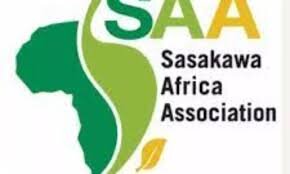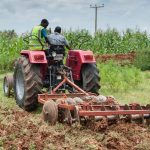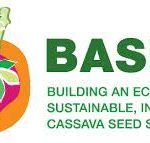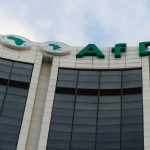The Sasakawa Africa Association (SAA) has initiated a training program aimed at equipping local agricultural machine fabricators in Nigeria with the skills needed to reduce post-harvest losses. This effort forms part of the Evidence-Based Regenerative Agriculture to Address Climate Change in Africa project, backed by the African Development Bank (AfDB) through Japan’s Policy and Human Resource Development Grant (PHRDG 1).
Empowering Indigenous Fabricators
The inaugural training session targets 20 local fabricators from Nasarawa State, focusing on building multi-crop threshers. This follows a similar initiative in 2023 that trained 45 fabricators in Kano State. The program is being held at the Institute for Agricultural Research (IAR), Ahmadu Bello University, Zaria, Kaduna State, under the Department of Agricultural Mechanisation and Bioresources Engineering.
Dr. Godwin Atser, Country Director of SAA Nigeria, emphasized the broader goal of empowering smallholder farmers with cost-effective mechanization tools to boost productivity:
> “By building the capacities of local fabricators to produce essential agricultural machines, we are enhancing productivity and ensuring a more food- and income-secure farmer population.”
Fostering Job Creation and Community Growth
The project not only seeks to address Nigeria’s significant post-harvest losses but also aims to create employment opportunities within communities. By upskilling fabricators, SAA strengthens local economies while empowering farmers to maximize yields and minimize waste.
One trainee, **Usman Jibrin**, from Akurba community in Lafia LGA, expressed his gratitude for the program:
> “This opportunity will help me contribute to solving challenges faced by farmers in my community. When I get back, I will produce threshers to support our farmers in reducing grain losses.”
Training Scope and Support
The curriculum includes practical sessions on welding, metal cutting, safety practices, and fabrication techniques. Participants will gain the expertise needed to produce multi-crop threshers and other vital agricultural tools.
Professor Ado Yusuf, Executive Director of IAR, described the program as pivotal to providing practical solutions for smallholder farmers, ensuring they have access to post-harvest technologies that minimize losses.
Duration and Coverage
The training, running from **November 11 to November 21, 2024**, includes participants from Obi, Lafia, Keffi, and Nasarawa Eggon Local Government Areas of Nasarawa State, where SAA is implementing the PHRDG-1 project.
This initiative underscores SAA’s commitment to transforming Nigeria’s agricultural sector through innovative, community-driven solutions that improve productivity, sustainability, and resilience against climate change.










